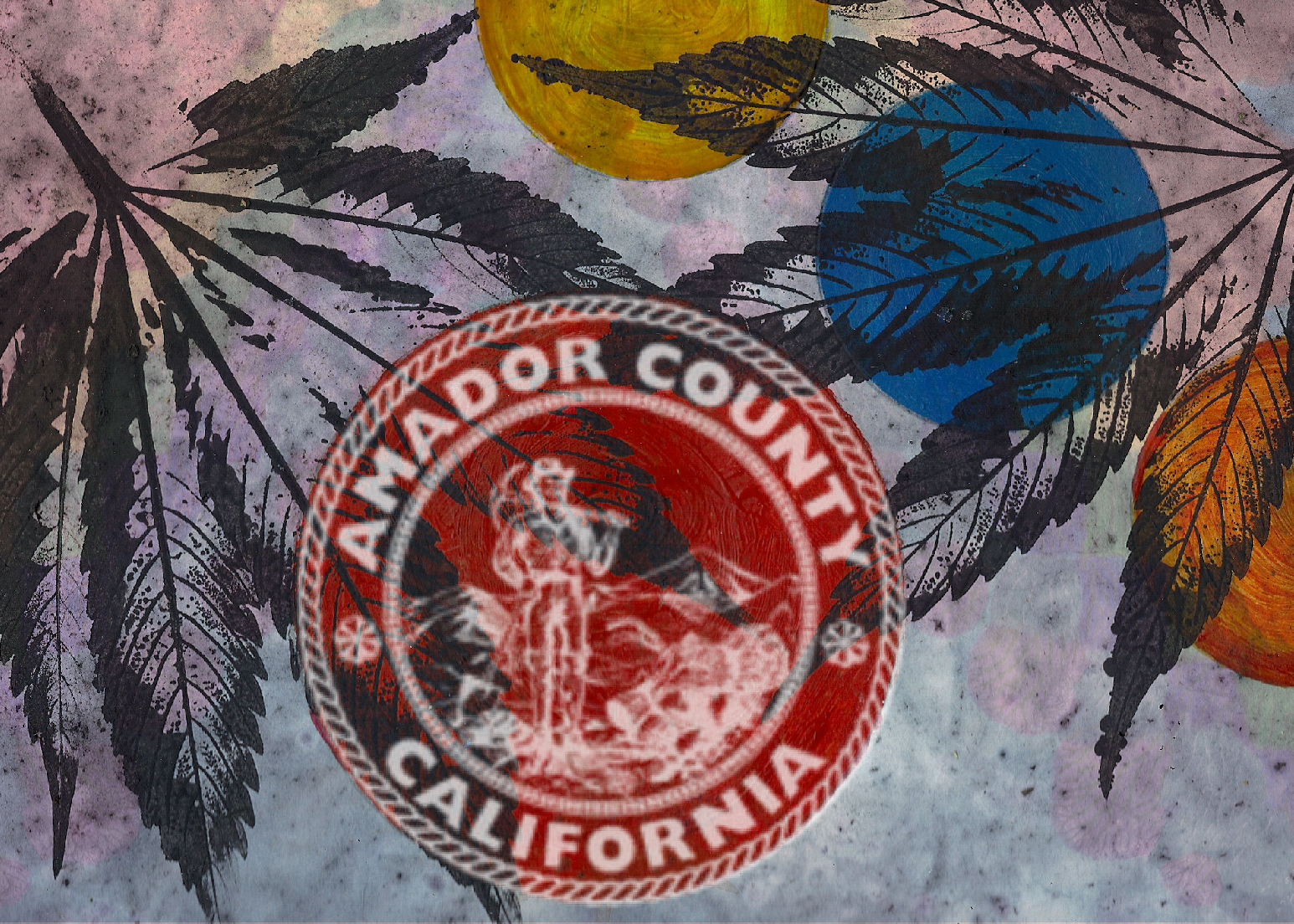Publication

Summary
The place of marijuana in lawful society is transforming rapidly as the governance of marijuana transfers from one police power (law enforcement) to others (e.g. public health, zoning). In California, this shift is most vividly seen in land-use regulatory bodies. These bodies increasingly decide how marijuana rights, practices, and relations become territorial. In this way, land-use powers become the center of the state’s police power. This article analyses an episode of marijuana cultivation policy-making in a conservative exurban California county (Amador) where power struggles reach a boiling point. The struggle confronted the definition of ‘community’ through debate about fences, property line setbacks, rental terms, and nuisance complaints to racial and economic anxieties and the stigma of crime. In the process, marijuana advocates’ definition of private property became subordinated. Despite this, outlaw communities sustained their own forms of territorial governance, regulatory power, and understandings of community. The episode shines light on questions of legality in territorial production and informs our understanding of political possibilities and the practice of citizenship.
